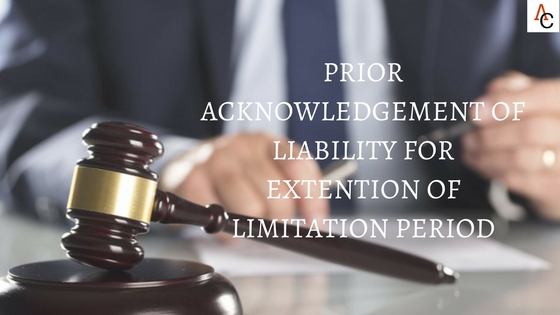Aapka Consultant Judgment Series- In this series, we are providing case analysis of Landmark Judgments of Hon’ble Supreme Court of India.
Sampuran Singh & Ors v. Niranjan Kaur & Ors
AIR 1999 SC 1047, [1999] 2 SCC 679
JUDGES: A.P. Misra and N. Santosh Hegde
Date of Decision: 23-02-1999
FACTS:-
In facts, the suit land was originally mortgaged by one R and others in favour of B and others in March 1893. Mutation was sanctioned. The appellants purchased the land in 1959 from the original mortgagors by execution of registered sale deeds. Subsequently, on 11-1-1960 the mortgagees sold their mortgagee rights by registered sale deed to the respondents. The appellants filed suit in 1980 for possession by way of redemption of the land and got decreed. When the matter was taken in appeal by the appellants, both the appellate courts dismiss the appeal on the ground of being time barred as counted from the date of execution in March 1893. Such dismissal by the High Court gave rise to the appeal before the Supreme Court.
ISSUES:-
- Whether the suit for redemption was barred by the time of limitation?
- Whether fresh period of limitation would revive from 11-01-1960 i.e. when the original mortgagee sold his mortgagee right by a registered deed to the respondents?
JUDGMENT:-
The Supreme Court found the submission of appellant as to the applicability of S. 18 of the Limitation Act without any force. It was submitted by the appellants to hold that the acknowledgement by the original mortgagees to the respondents, executed via registered document dated 11-01-1960, the period of limitation would start from that date of acknowledgement, thereby, making suit filed in the year 1980 within limitation.
The acknowledgment of liability has to be made prior to the expiry of the period of limitation and if the limitation has already expired, it would not revive a suit under S.18. In the present case, admittedly the oral mortgage deed was executed in March 1893 prior to the extension of S.59 of Transfer of Property Act. If the period of limitation for filing suit for redemption is 60 years then limitation for filing a suit would expire in the year 1953. Thus, by the execution of this document dated 11-01-1960 it cannot be held by virtue of S.18 that the period of limitation is revived afresh from this date.
The language recorded S.61 (a) of Part V of Schedule of the Limitation Act makes it clear that right of redemption accrues from the very first day unless restricted under the mortgage deed. Hence, the Supreme Court is of opinion the period of limitation would start from the very date the valid mortgage is said to have been executed. Thus, the period of limitation of 60 years would start from the very date of oral mortgage that would be from March, 1893.
In view of this, Supreme Court does not found any error in the decision of the first appellate court or the High Court holding that the suit of the present appellants is time barred. Thereby, on this cause appeal is dismissed.
HELD :-
It was held that the suit filed in 1960 was barred by the limitation as right to redeem had accrued from the very first day of execution in 1893 and expired in 1953.
To Get Legal Opinion from Advocates/ Legal Experts, Please click here
To Get Legal Opinion from Retired Hon’ble Judges, Please click here












